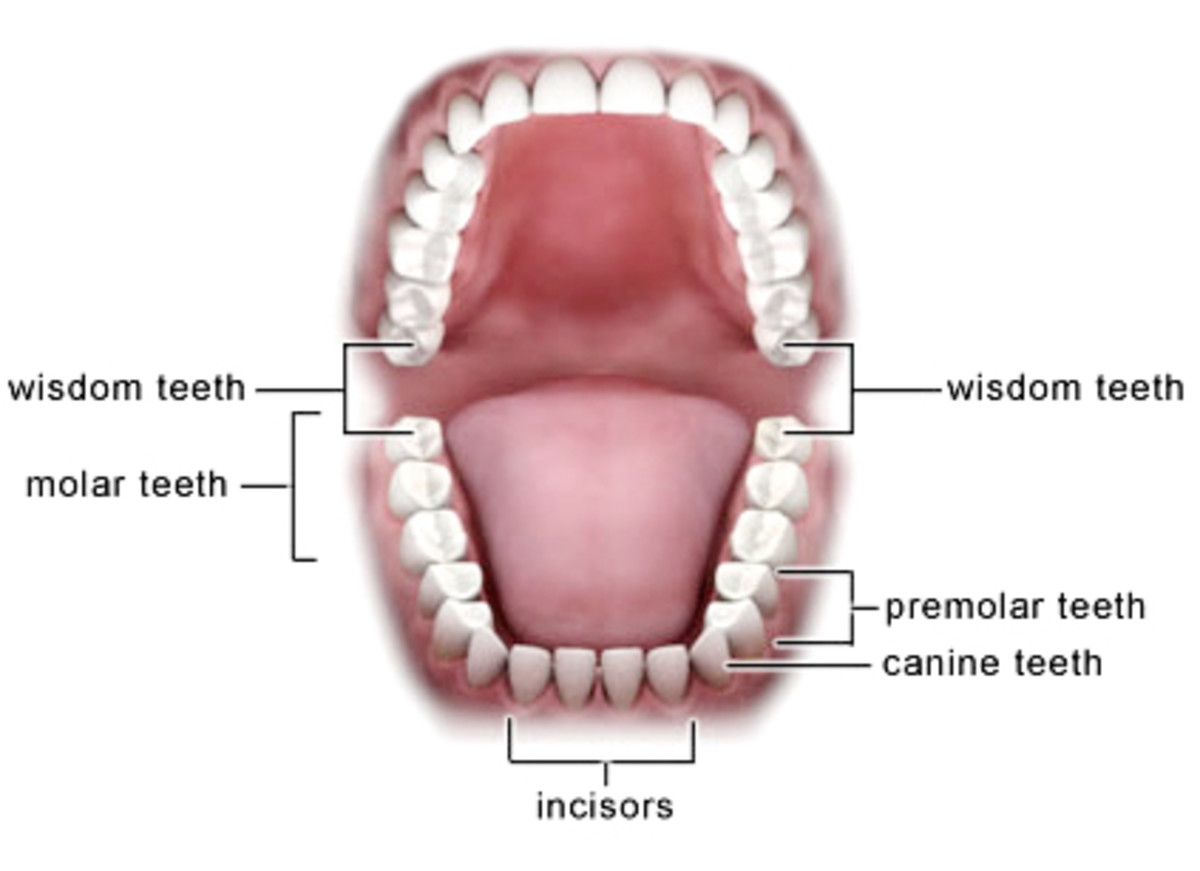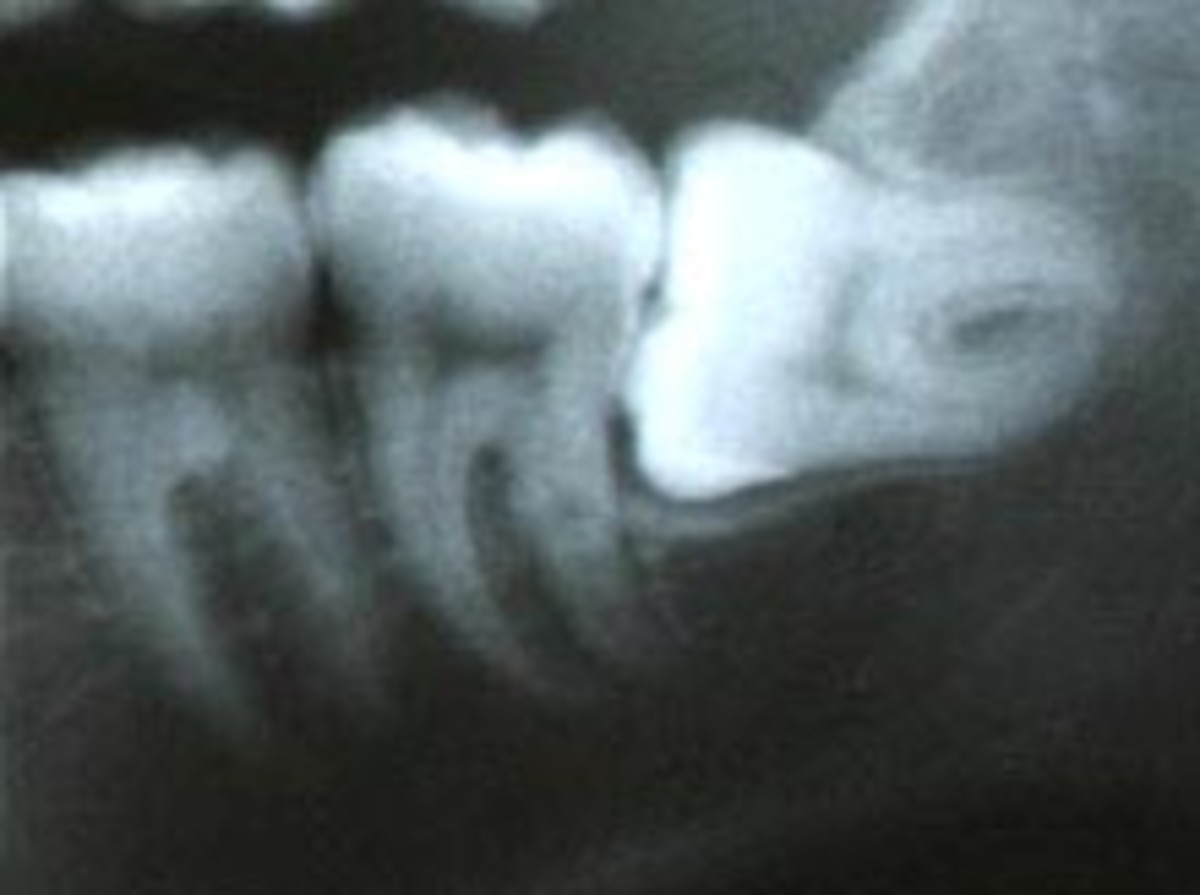Health Insurance Does Not Pay for Wisdom Teeth Extractions
Does your Medical ((not dental but medical)) insurance pay for wisdom teeth surgery?
Why Most Major Medical Polices Do Not Cover Wisdom Teeth Removal
Did you know that most medical health insurance companies consider wisdom teeth procedures, an elective surgery? In very rare cases, medical insurance will cover dental extractions, under their health insurance policies but, having your wisdom teeth removed is not one of the reasons. If you are looking for some sort of insurance to help you pay off the high cost of having, your third molar teeth removed, purchasing dental insurance is the best option.
I am not an industry expert here looking to sell you dental insurance. However, I do work for an Oral Surgeon. Everyday people like you are often left disappointed, when they find out at the check out window that their health insurance coverage, does not pay for teeth extractions period. Even though having your third molar teeth removed, takes surgical precision from an Oral Surgeon; it is how the insurance industry classifies this particular surgery and "codes" it, which allows them to slip through the loop hole.
If you think your health insurance will cover this procedure, it is advised that you obtained that in writing from your health insurance's home office before having the procedure. In other words, do not take your health insurance sales agent word for it that "it is covered." Nine times out of ten- you will get burned by that mistake, and it can be a very costly error, and often occurring at the most inopportune time. It is a very common misconception out there that wisdom teeth, are covered by health insurance. Be prepared to pay at least $2100.00 for the intravenous sedation procedure, at the time of service. Doctors are not bankers, and most doctors (especially surgeons) are not willing to get into the lending business.
Zachary After His Third Molar Extraction Surgery

Funny Wisdom Teeth Video
Facts Effecting Cost of Having Wisdom Teeth Extracted
- Having your wisdom teeth removed can be a difficult procedure. Most often if your dentist has referred you to an Oral Surgeon to have your wisdom teeth removed, it is because they do not have the necessary training it takes to be an Oral Surgeon, or your anatomy makes the case a difficult one. Nowadays, dentists rarely extract third molar teeth. They are simply too difficult, and there are many variables that can leave a person with damaged facial nerves.
- Often times, third molar teeth are impacted in the jaw, and surrounded by bone.
- The older we get the harder the jawbone becomes, and wisdom teeth often become consolidated with the bone tissue. Which basically means the tooth roots have fused themselves to the jaw bone itself, and no longer have a noticeable tooth socket anymore to work with. When the tooth root becomes fused to the bone, the condition is known as being ankylosis. This condition is an abnormal adhesion of the tooth roots, and rigidity of the jaw bone surrounding it. That is why it is so important to have your wisdom teeth removed ideally around the ages between 18 - 20.
- When removing wisdom teeth, certain instruments called elevators are used to elevate the teeth from their tooth sockets.
- Removing wisdom teeth on a forty year old female is ten times harder, than removing the wisdom teeth of an eighteen year old male.
- The older a person gets, is one of the reasons why removing a tooth costs more money, than a simple tooth extraction might cost on someone younger.
Find out today, directly from the home office of your health insurance company, whether or not wisdom teeth are covered by your policy. You will be glad you did!
- How to Recover Quickly from Having Your Wisdom Teeth Taken Out
Having your wisdom teeth taken out, how to prepare for it, what the operation is like and tips on how to recover quickly from the operation.
Great Wisdom Teeth Reaction
Don't Cry at The Doctor's Office
Get Care Credit
If you need help paying for the removal of your third molars aka wisdom teeth, and do not have dental insurance and/or it is to late to buy dental insurance; there is a new product out there called Care Credit. Care Credit is a six month same as cash credit agency. They have different policy options but, this particular policy option is what I am personally familiar with.
- The Oral Surgeon's office that I work for offers this to our patients, and it has been very beneficial to a large number of our clients. I do have some first hand knowledge of how easy the company is to deal with since it has been implemented at the office, going on three years now. If you need help paying for the procedure, and have a decent credit score already established, this is a good option for you to apply for and try.
- You will first need to find out if your Oral Surgeon's office carries any Care Credit policies, if they do it is worth applying for. Another bonus of using Care Credit, is that they do report to the Credit Bureau. Therefore, if you pay your bill off within their timeline, potentially your credit rating gets a positive boost.








